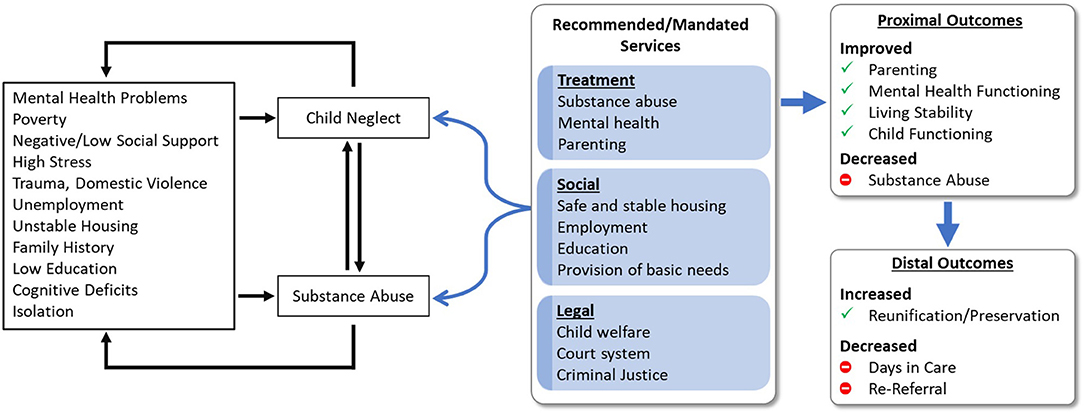Report on Smoking Cessation Among Blood or Marrow Transplant Survivors: A BMTSS Study
Introduction
This report presents findings from a study on smoking cessation among survivors of blood or marrow transplantation (BMT), emphasizing the alignment with the United Nations Sustainable Development Goals (SDGs), particularly SDG 3: Good Health and Well-being.
Study Overview
The study was conducted by researchers affiliated with the University of Alabama at Birmingham, City of Hope, and the University of Minnesota. It was supported by the National Cancer Institute and the Leukemia and Lymphoma Society. Ethical approval was obtained from the Institutional Review Board at UAB, ensuring compliance with the Declaration of Helsinki and relevant guidelines.
Key Findings and Relevance to SDGs
- Health Promotion and Disease Prevention (SDG 3):
- The study highlights the critical importance of smoking cessation among BMT survivors to reduce late mortality and improve life expectancy.
- It identifies risky health behaviors as significant predictors of late mortality, underscoring the need for targeted interventions.
- Self-rated health was found to be an independent predictor of subsequent late mortality, emphasizing the role of patient-reported outcomes in health management.
- Mental Health and Well-being (SDG 3.4):
- Psychological assessments, including the Brief Symptom Inventory-18, were validated for identifying depression and anxiety in young adult cancer survivors, facilitating better mental health support.
- Health Systems Strengthening (SDG 3.8):
- The study supports the integration of smoking cessation interventions within healthcare services for BMT survivors, promoting universal health coverage.
- It acknowledges the role of Medicaid and private insurance in the availability of cessation programs, highlighting health equity considerations.
- Reducing Inequalities (SDG 10):
- Socioeconomic and clinical characteristics associated with nicotine dependence were analyzed, informing strategies to reduce health disparities among survivors.
Recommendations for Sustainable Health Interventions
- Implement comprehensive smoking cessation programs tailored to the unique needs of BMT survivors.
- Incorporate mental health screening and support as part of survivorship care plans.
- Enhance access to cessation resources through institutional subscriptions and healthcare coverage expansions.
- Promote patient education on the impact of lifestyle behaviors on long-term health outcomes.
Data Availability and Access
Original data from the study can be requested by contacting the corresponding author at smitabhatia@uabmc.edu.
Additional Resources and Access Options
- Access to the full article is available through institutional subscriptions or individual purchase.
- Support and FAQs are provided to facilitate access and understanding of the study findings.
Conclusion
This study contributes valuable insights into smoking cessation among blood or marrow transplant survivors, aligning with global health objectives outlined in the Sustainable Development Goals. By addressing behavioral risk factors and promoting comprehensive care, it supports the advancement of SDG 3 and related goals to ensure healthy lives and well-being for all survivors.
1. Sustainable Development Goals (SDGs) Addressed or Connected
- SDG 3: Good Health and Well-being
- The article focuses on smoking cessation among blood or marrow transplant survivors, which directly relates to improving health outcomes and reducing mortality.
- It addresses late mortality and life expectancy after transplantation, emphasizing health and well-being.
- SDG 10: Reduced Inequalities
- The article implies addressing health disparities among transplant survivors, including behavioral risk factors like smoking.
2. Specific Targets Under Identified SDGs
- Under SDG 3: Good Health and Well-being
- Target 3.4: By 2030, reduce by one third premature mortality from non-communicable diseases through prevention and treatment and promote mental health and well-being.
- Target 3.a: Strengthen the implementation of the World Health Organization Framework Convention on Tobacco Control in all countries.
- Under SDG 10: Reduced Inequalities
- Target 10.2: By 2030, empower and promote the social, economic and political inclusion of all, irrespective of age, sex, disability, race, ethnicity, origin, religion or economic or other status.
3. Indicators Mentioned or Implied to Measure Progress
- Indicators related to SDG 3:
- Prevalence of tobacco use among blood or marrow transplant survivors (implied through focus on smoking cessation).
- Mortality rates and life expectancy after transplantation (explicitly discussed in the article references and content).
- Self-rated health status as a predictor of late mortality (mentioned in referenced studies).
- Incidence of risky health behaviors affecting mortality post-transplant.
- Indicators related to SDG 10:
- Access to smoking cessation interventions and healthcare services among transplant survivors (implied through discussion of interventions and health behaviors).
4. Table of SDGs, Targets, and Indicators
| SDGs | Targets | Indicators |
|---|---|---|
| SDG 3: Good Health and Well-being |
|
|
| SDG 10: Reduced Inequalities |
|
|
Source: nature.com







